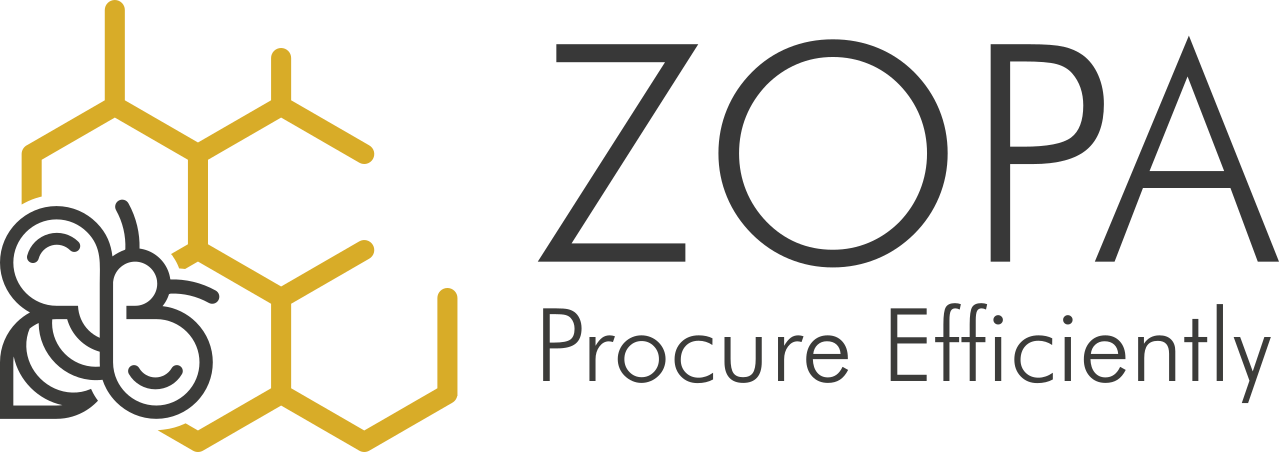In today’s competitive business environment, sourcing and managing high-quality vendors is crucial for maintaining operational efficiency and ensuring product and service reliability. This article provides tips for identifying and managing vendors to meet your business needs effectively.

